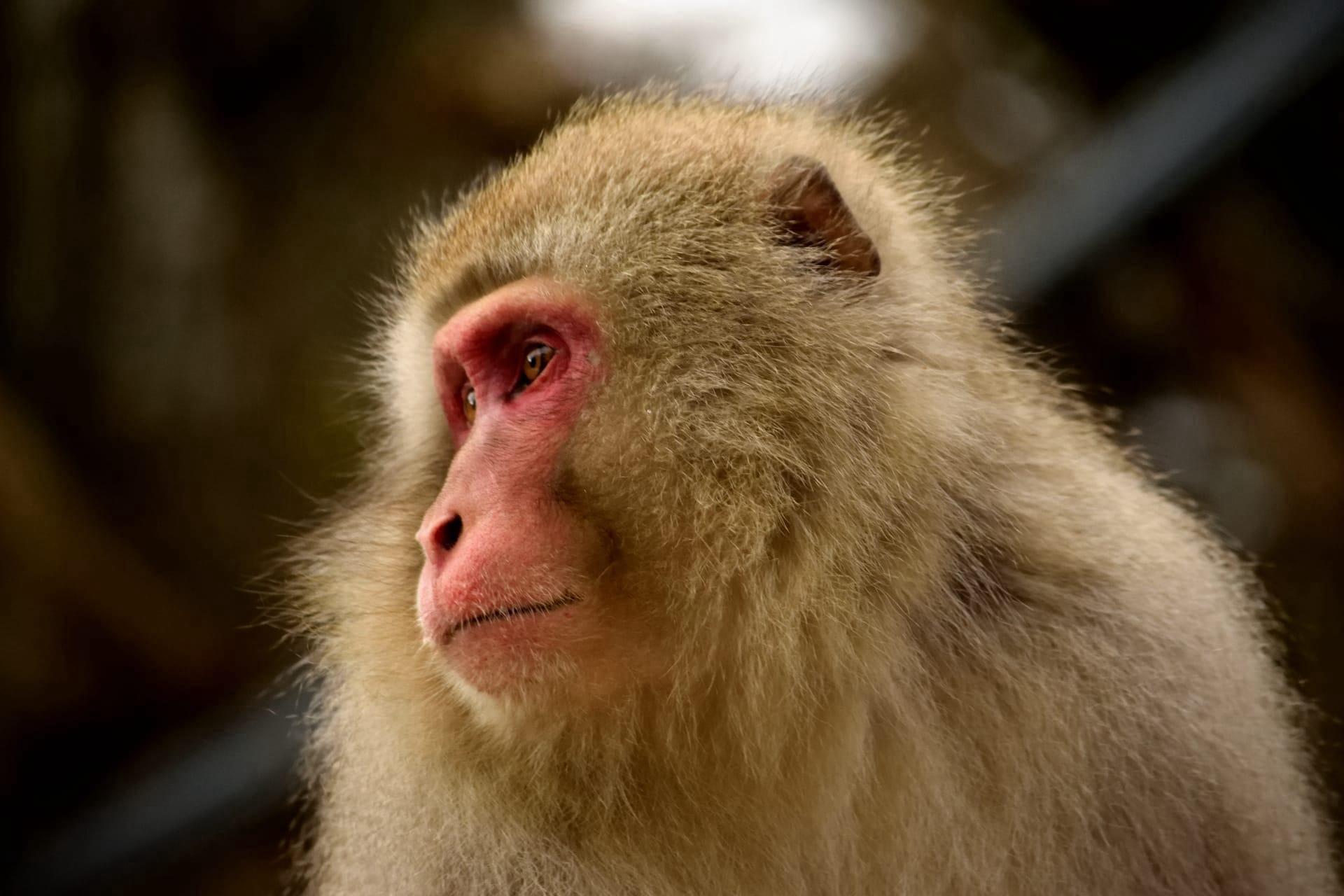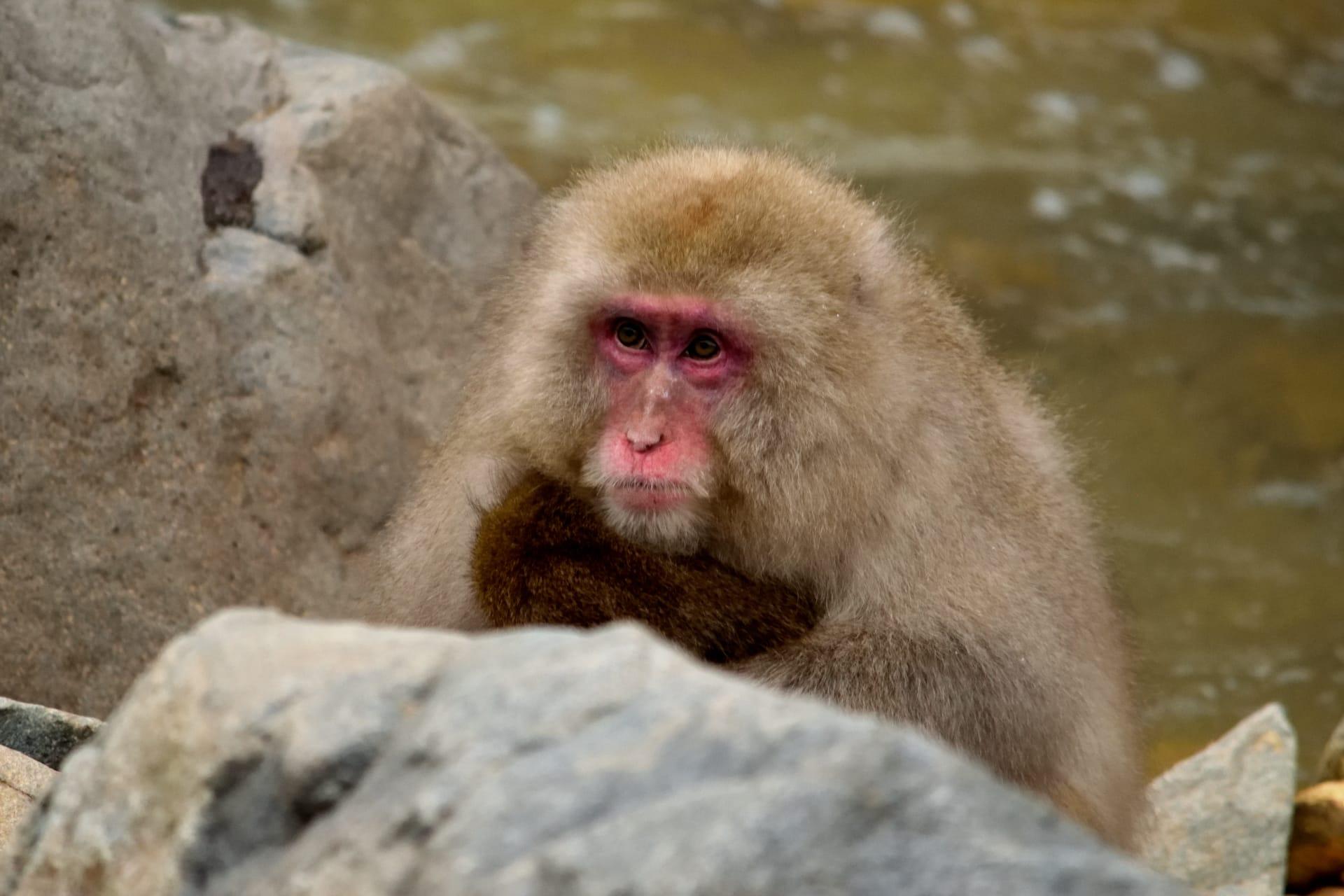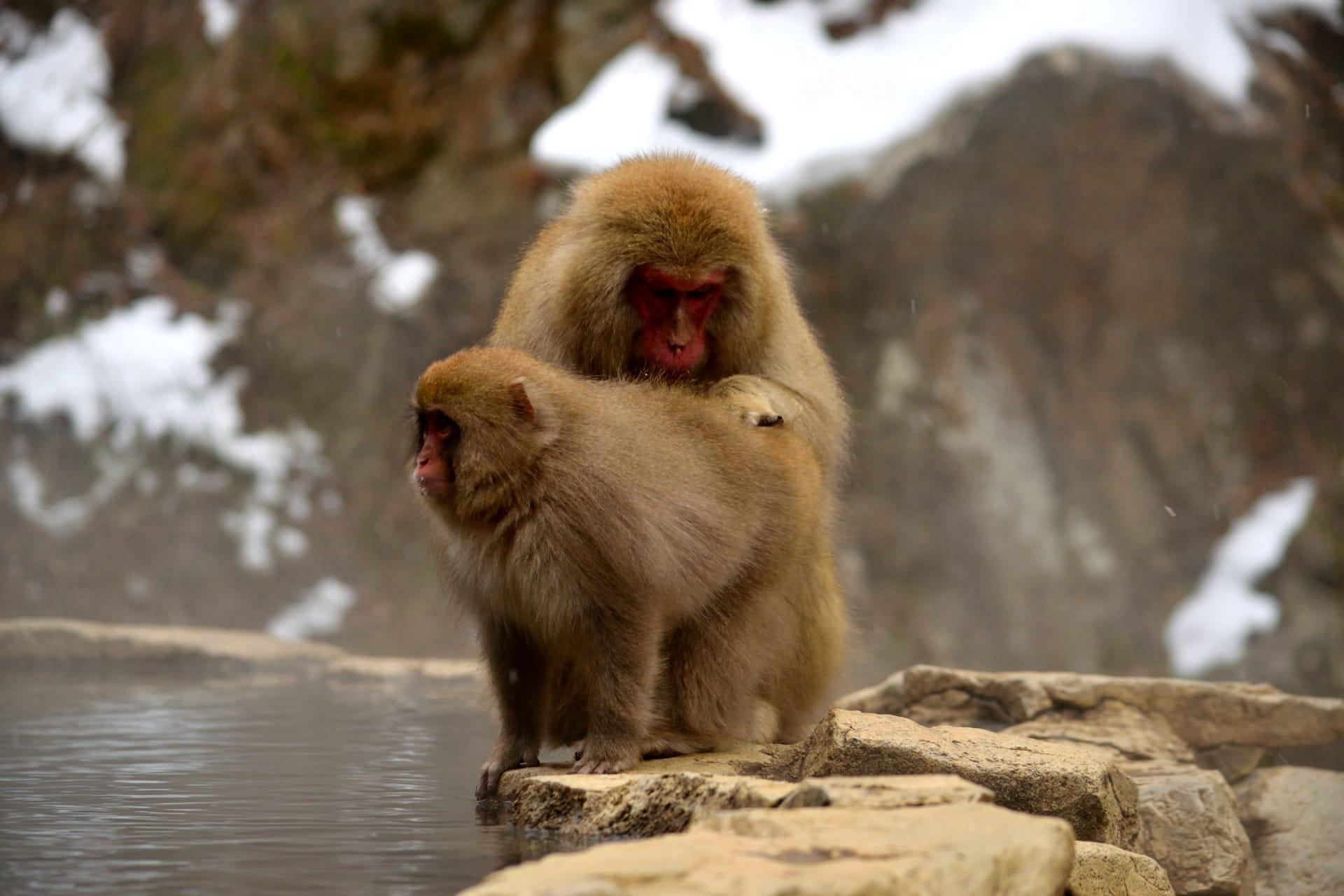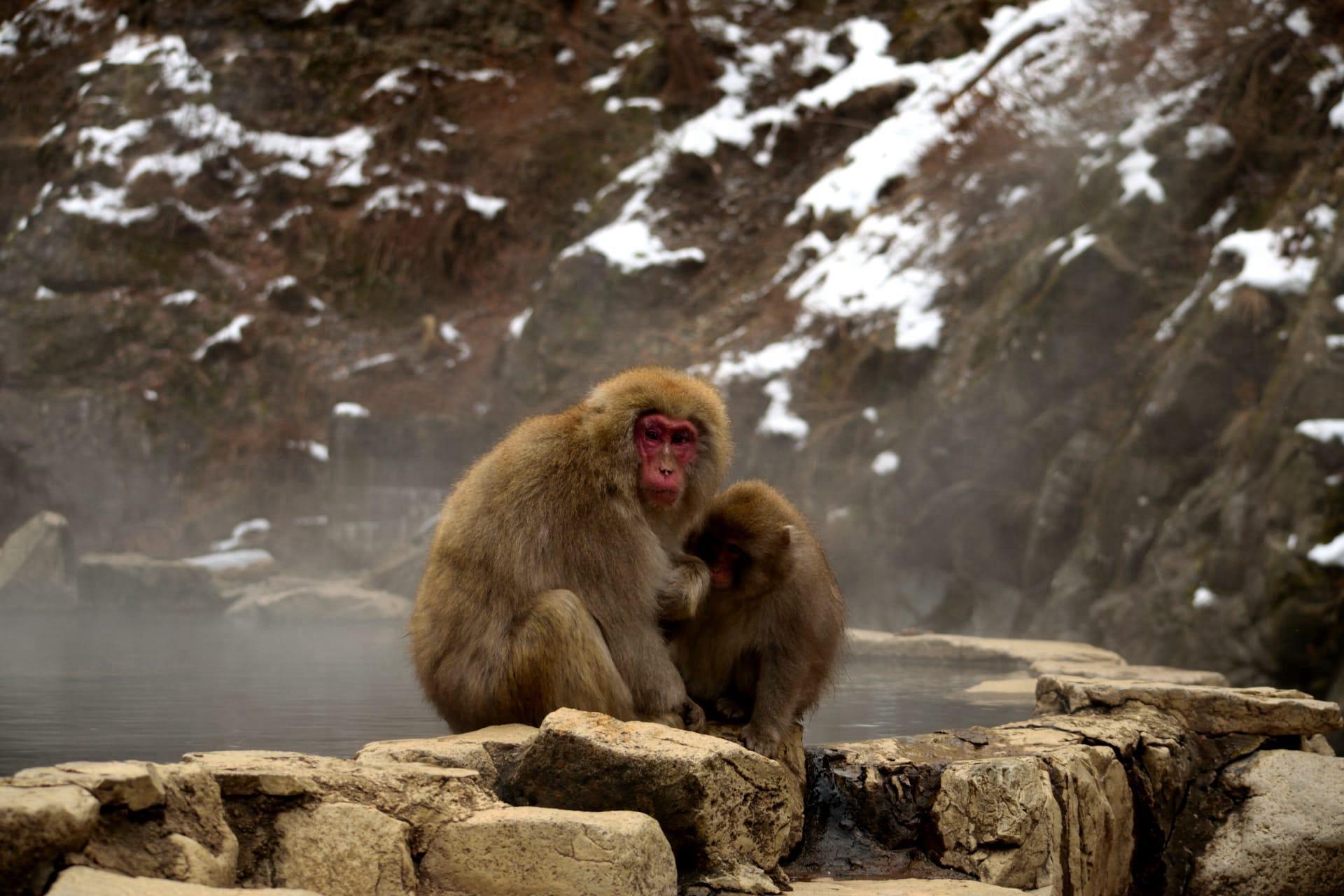1
Macaques are known for their exceptional adaptability, thriving in various climates ranging from the snowy regions of Japan to the tropical rainforests of Southeast Asia. A striking example is the Japanese macaque, also known as the snow monkey, which endures winter temperatures below -15 degrees Celsius (5 degrees Fahrenheit). These macaques have developed thicker fur and a unique behavior of soaking in hot springs to keep warm, a habit not observed in other non-human primates.
Another fascinating aspect of macaques is their communication skills. They use a complex system of vocalizations, facial expressions, and body language to communicate. For instance, the rhesus macaque has over 50 distinct vocalizations used for specific situations, such as warning calls for predators or sounds indicating reconciliation. Their facial expressions, involving movements of ears, eyebrows, and lips, are particularly nuanced, helping them convey a wide range of emotions and intentions to other members of their group.

2
Macaques demonstrate remarkable learning abilities and tool use, which is a sign of high intelligence in animals. In Thailand, long-tailed macaques have been observed using stones as tools to crack open shellfish, nuts, and oysters. These macaques select stones weighing up to 2 kilograms (4.4 pounds), demonstrating an understanding of weight and effectiveness in tool use. They even pass down these skills across generations, showing social learning.
Another intriguing fact about macaques is their swimming ability. Unlike many other primates, several macaque species are adept swimmers and are often found swimming across rivers. The long-tailed macaque, for instance, is known to swim significant distances, up to 50 meters (164 feet), to find food or escape predators. This ability not only showcases their adaptability but also their skill in exploiting different habitats for survival.

3
Macaques have a unique place in cultural and religious contexts in several Asian countries. In India, the rhesus macaque is often associated with the Hindu deity Hanuman and is respected and protected by local communities. This cultural reverence can sometimes lead to conflicts as macaques, emboldened by human interaction, venture into urban areas causing disturbances.
In terms of social structure, macaques exhibit a matriarchal society, particularly unique in the animal kingdom. Female macaques often hold higher ranks and central roles in the troop. These rankings are inherited, meaning a macaque's social status is largely determined by the status of its mother. This matriarchal structure influences mating, foraging, and even the migration patterns of the troop.

4
The diet of macaques is incredibly diverse, contributing to their adaptability. They are omnivorous, feeding on a variety of plants, fruits, insects, and small animals. Some species, like the Barbary macaque, show a particular preference for fruit and can consume over 50 different plant species in their diet. Their opportunistic feeding habits allow them to thrive in a wide range of environments, from forests to urban areas.
Macaques also play a crucial role in their ecosystems as seed dispersers. By consuming fruits and traveling long distances, they aid in the spread of seeds, which contributes to forest regeneration and biodiversity. This ecological role is vital in maintaining the health and diversity of their habitats, demonstrating the interconnectedness of species within ecosystems.

5
Research on macaques has significantly contributed to medical science, especially in the field of neuroscience and psychology. The rhesus macaque, in particular, has been instrumental in understanding brain function, memory, and behavior. Their genetic and physiological similarities to humans make them valuable in studies related to neurological diseases, mental health, and even vaccine development.
The social intelligence of macaques is notable. They exhibit complex social behaviors such as reconciliation, cooperation, and even deception. Studies show that macaques can recognize relationships among other individuals, such as kinship and hierarchy, and adjust their behavior accordingly. This ability to understand and navigate complex social structures highlights the advanced cognitive abilities of macaques, making them fascinating subjects for both scientific study and general observation.